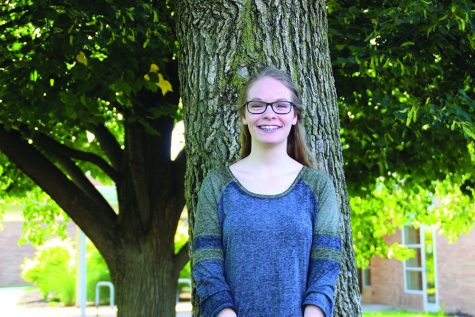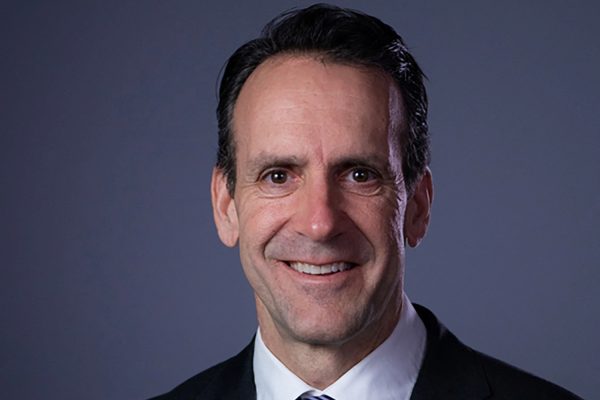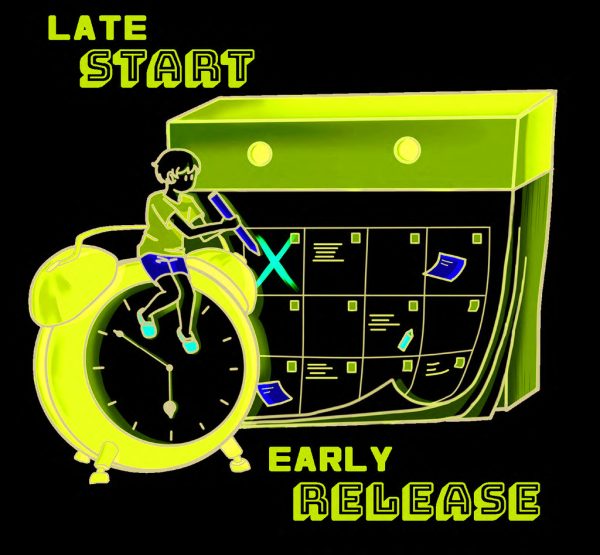Living with ADD
Finding support is the key to overcoming this challenge
Some people have described having ADD as driving in the rain with terrible windshield wipers, making everything blurred and creating the frustration of being unable to see.
Others have described it as having a race car with bicycle brakes, scared because you’re unable to ever slow down. Another has said that it’s like you’re leaning back in a chair all the time, always fearing that it’s just about to fall over.
ADD stands for Attention Deficit Disorder, affecting people of every age, gender, race and IQ. It is the most common psychiatric disorder in children and adults. People with this disorder may have a short attention span, procrastinate, be easily distracted, be disorganized, be impulsive, experience hyperactivity or have poor judgement. ADHD, AD/HD, and ADHD all referred to the same disorder; the only difference is that some people have hyperactivity and some don’t.
According to the CDC (Center for Disease Control), 11 percent of children have been diagnosed with ADD as of 2011 in the United States, which is around 6.4 million children. In Indiana alone, 15.7% of children have been diagnosed with this disorder. Indiana is ranked the 4th highest percentage of children with ADD among the US.
Lindsay Hornak has struggled with ADD throughout her entire life. She couldn’t memorize basic math facts in kindergarten. In fifth grade, she wasn’t able to complete division because she didn’t know previous multiplication facts. No matter how hard her parents worked with her with flashcards or any other methods, according to her mother Lori Fulford, it seemed to just go in one ear and right out the other.
She was professionally tested three times before being diagnosed with ADD at the age of 16. Her parents noticed when she was about a toddler. After being tested for the first time, Hornak’s parents were told, “You have a very average child in an above average school system. She will forever struggle.”
“It was terrible to be told as a parent of a second grade child,” Hornak’s mother and Ben Davis Ninth Grade Center teacher Lori Fulford said, “I will never forget walking out of the meeting with the school’s psychometrist just feeling very, very helpless,”
As school progressed, Hornak began giving up on studying for exams because she wasn’t getting the help she needed to succeed.
ADD isn’t a learning disability. Without a learning disability, students cannot have an IEP or a 504B, which are plans for students to have accommodations or specialized services. Without these services, the students can fall through the cracks because they won’t be given the help they need to succeed. Often there are many undiagnosed ADD students that later develop addictive behaviors, such as marijuana usage which they use to increase dopamine in their brain to relieve the anxiety that comes with dealing with ADD.
When Hornak entered a private high school, she was blessed with teachers that spent extra time with her. She then received a written intervention plan that allowed her to have extended testing taking time, having tests chunked into smaller parts and the option to take her test in a quiet environment. She learned on her own to make games out her studying material, such as board games and computer games.
Hornak also had a hard time reading constantly, so she would have an audio version along with a hard copy to highlight. This becomes a problem as we transition into online teaching; we still need to accommodate students with ADD that need to have a hard copy to highlight in order to be successful.
Hornak also was able to work with teachers at the resource center at her school. If there were any distractions in the classroom while she was working, she was allowed to go the resource room to work. She also worked on studying strategies with her resource teachers.
In Wayne Township, there are some “resource rooms” and “student support centers” at some elementary schools and middle schools, but what about Ben Davis? ADD doesn’t magically go away at high school, so there should be some sort of student support center for those with ADD. Then they would be able to have a quiet environment to work in, obtain the help they need, or take the time alone they need.
When Hornak was in college, she gave back to the teachers and students who helped her. She was a teaching assistant for a year for the psychology department, and she was a professional note taker.
“She has been the greatest blessing in my life as an educator. She’s transformed the way I teach and perform in the classroom,” Fulford said.
If you or your friends at Ben Davis has ADD or is wondering more about ADD, here are some useful websites:
- ADDvance.com
- amenclinics.com/conditions/adhd-add
- CHAD.org
- ADDCoachAcademy.com
These websites give information about ADD in different ages and genders, different types of ADD, and training to become an ADD coach.
Even though some of us learn differently, we all still need to be able to feel and be successful in our lives both academically and socially.

My name is Nicole Thomas, and I’m a senior and co-editor-in-chief for my third year on the Spotlight staff. I have always enjoyed writing ever since...






